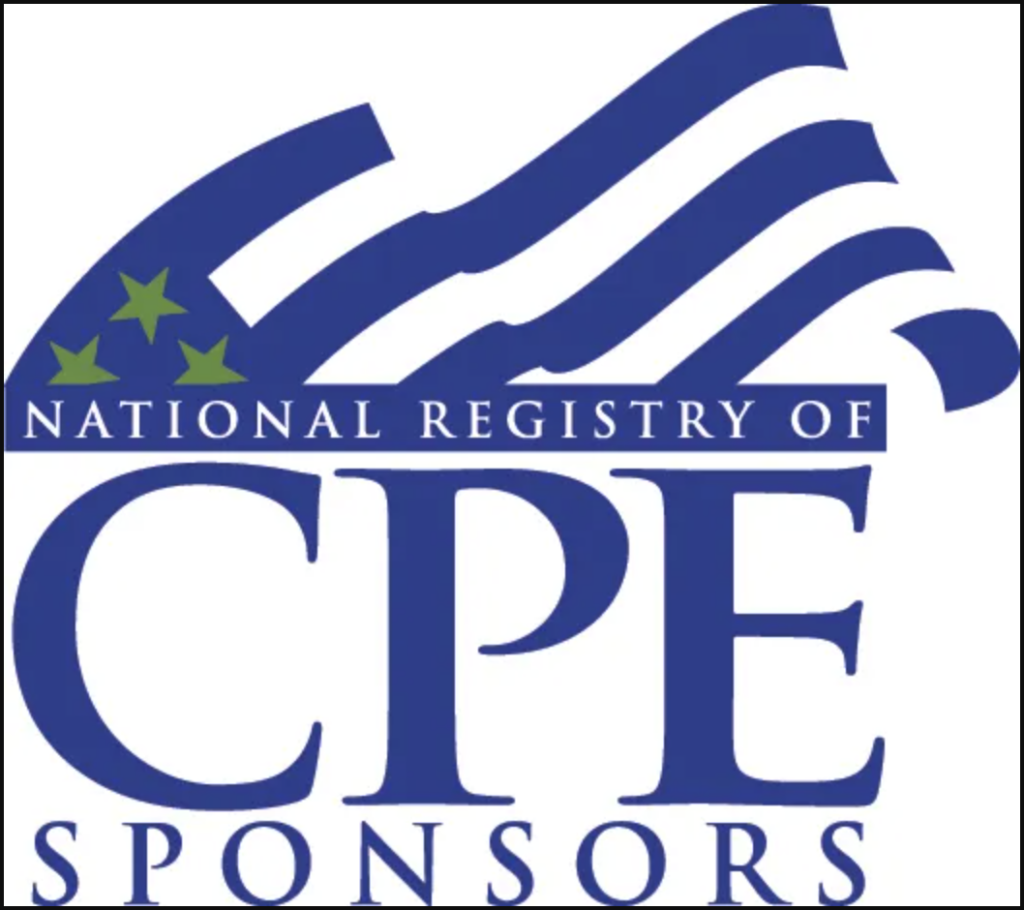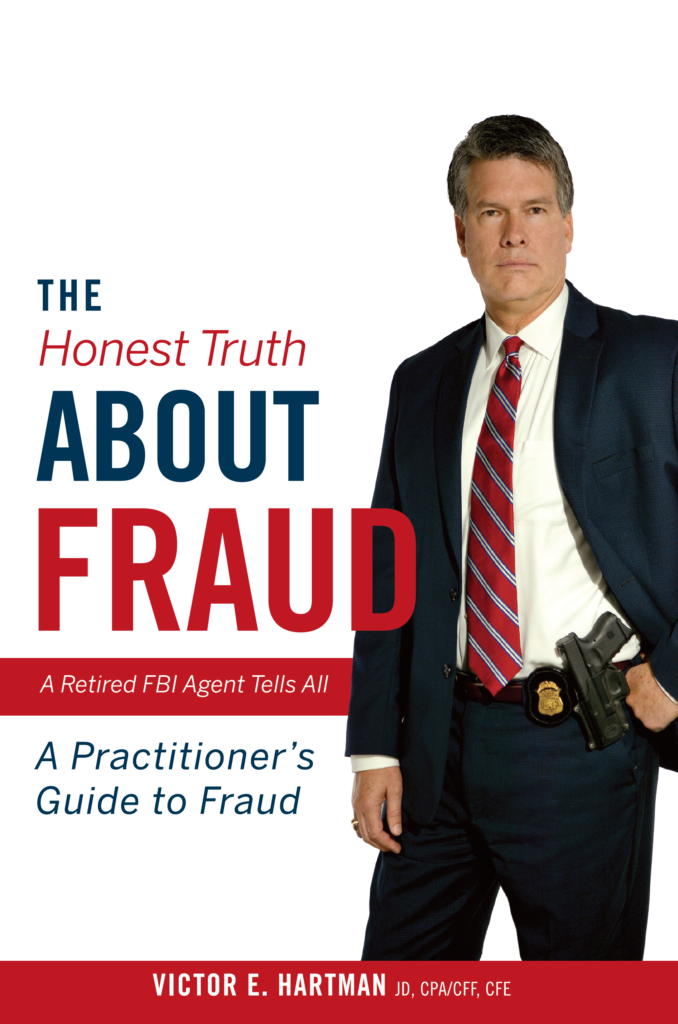Holiday Season Scams
‘Twas the holiday season, when all through the land,
online shoppers clicked quickly to get gifts in hand.
But while they were adding toys to their carts,
a holiday scammer was practicing his art.
“Free gift cards! Free presents! Just follow this link!”
He hoped hurried shoppers would not stop and think.
But one savvy shopper saw the email and knew:
“This is a scam! It’s too good to be true!”
To the IC3, the shopper reported the crime,
and that holiday scammer is now doing time.
We worked with our partners to solve this case,
but remember—your tips help keep us all safe!
Source: FBI’s Internet Crime Complaint Center (IC3)
Online Shopping Scams
The most common frauds are credit card fraud, non-delivery of things that people paid for, and counterfeit items. According to the FBI’s Internet Crime Complaint Center (IC3), non-delivery of goods cost consumers $200 million in losses last year. Credit card fraud accounted for another $100 million.
You may be able to assist law enforcement in prosecuting these scammers. Report your formation to the FBI at ic3.gov. The ability to process your complaint will be based on the accuracy and completeness of the information provided.
Fake Check Scam (Often involving college students)
In a fake check scam, a person you don’t know asks you to deposit a check—sometimes for several thousand dollars, and usually for more than you are owed—and send some of the money or purchased items to another person. The check is fake and not associated with a real account. The scammers always have a good story to explain why you can’t keep all the money. Here are some common explanations:
- You sold an item online and the buyer overpays
- You get paid as a “secret shopper” and are told to wire back money
- You win a prize and told to send back taxes and fees
Fake checks come in many forms. They might look like business or personal checks, cashier’s checks, money orders, or a check delivered electronically. However, due to banking rules, the bank may temporarily credit your account. As the account holder, you will subsequently be liable when the check is determined to be a fake.
You can report this fraud to:
COVID-19 Vaccine–the Scams are Starting
COVID-19 vaccine distribution will soon be starting. The CDC has recommended that health care workers and residents of long-term care facilities will be first in line. Vaccines will then be delivered to federal- and state- approved locations. Here is what you need to know to avoid vaccine-related scams:
- You likely will not need to pay anything out of pocket to get the vaccine during this public health emergency.
- You can’t pay to put your name on a list to get the vaccine.
- You can’t pay to get early access to the vaccine.
- No one from a vaccine distribution site or health care payer, like a private insurance company, will call you asking for your Social Security number or your credit card or bank account information to sign you up to get the vaccine.
- Beware of providers offering other products, treatments, or medicines to prevent the virus. Check with your health care provider before paying for or receiving any COVID-19-related treatment.
Join Vic Hartman for his next Fraud Webinar


